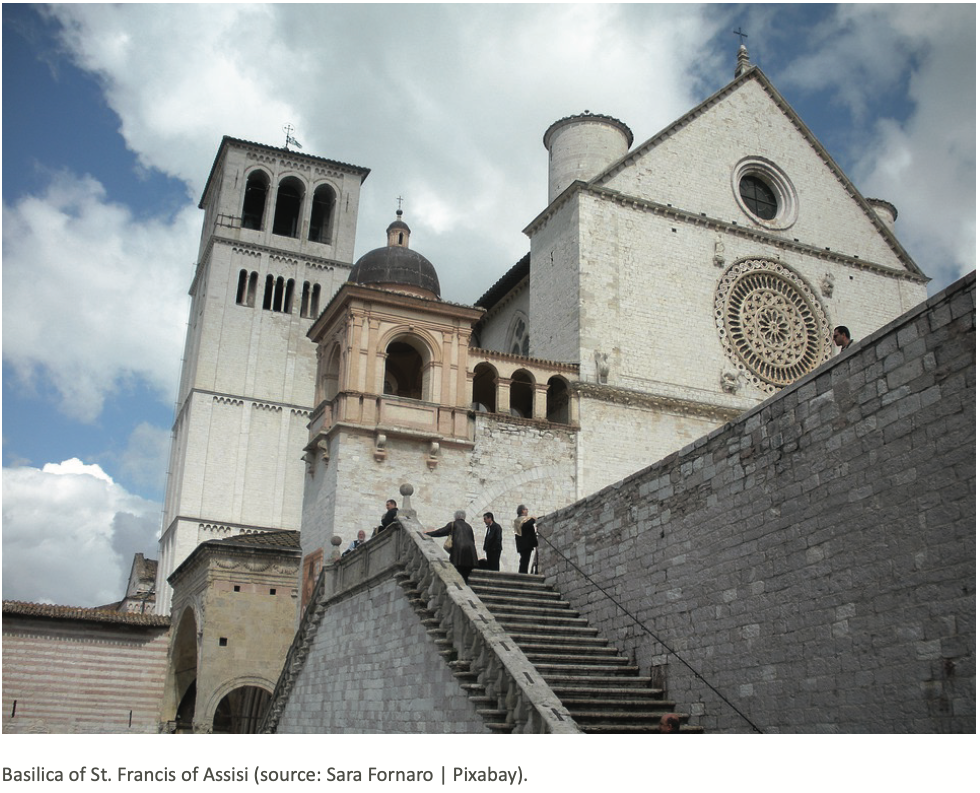
As it emerges from the pandemic, the Catholic Church in Italy is facing a loss of social influence and public confidence that may bode ill for its future, writes Massimo Faggioli in the liberal Catholic magazine Commonweal (October). “More than a year since the worst of the pandemic…the bishops’ conference has sunk further into irrelevance. And many feel free to criticize [the church] in ways that might have been unimaginable just a few years ago,” he writes. Although the church remains the most important provider of social services in Italy, it has “lost much of its cultural and political cachet,” even under a popular pope such as Francis. The pope’s much stated goal of transparency has given Italians a glimpse into legal battles and criminal activities that have been prosecuted in the Vatican—from the case of Cardinal Giovanni Angelo Becciu (the first cardinal ever to be indicted by Vatican prosecutors) and others charged with real estate fraud, to the politicking over the Zan bill, a piece of anti-homophobia legislation. These incidents and debates have “led to a level of tension between Church and state not seen in years,” Faggioli writes. The popular LGBTQ bill, if approved in its present form, could limit the freedom of expression of Catholics and Catholic institutions, violating guarantees given to the church in 1984 under the revised Concordat.

The issue of how the church can be involved in the post-pandemic recovery has been overshadowed by legislators and entrepreneurs on both the right and the left who question Catholic social teachings. “Criticizing the hierarchy has become the norm across the political spectrum: the left on gay rights, the right on immigration, the populists on the very idea of religious institutions,” Faggioli writes. Also making it difficult for the church to address public issues are the disappearance of Catholic lay associations and the general lack of interest in reviving a Catholic political party, even on the part of Pope Francis. Faggioli lays the blame not only on secularization but also on previous conservative papacies that encouraged clericalism and put a damper on independent lay initiatives. He doubts that Francis can remedy the situation this late in his papacy. While he invested heavily in shaping the social and political role of the church, he lacks allies in Italy. “Francis’s pontificate liberated Italian Catholicism from the right- wing, culture-war inclinations of the clerical elites in the early 2000s, but it has not generated anything new in its wake,” Faggioli concludes.
(Commonweal, https://www.commonwealmagazine.org/hope-hesitancy?)